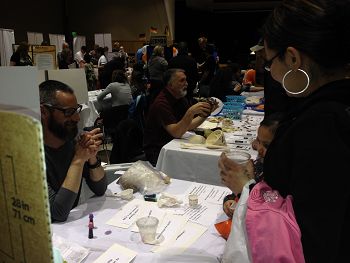K-12 Education
We are developing an observatory that can be a living laboratory for Idaho K-12 and college educators and web-related resources to support science education and communication.
Keith Reinhardt at Communiversity event at Idaho State University and teaching K-12 about their source of drinking water and aquifer using the incredible edible aquifer and other resources.
Adventure learning
RC CZO will encourage and provide facilities (beds, meeting rooms) for K-12 adventure/experiential learning at the RCEW.
Science communication and soil carbon
A 2 credit graduate seminar on communicating science and informal education provides the foundation for students to design and assess informal learning from videos, exhibits, modules, and also present exhibits and demonstrations at science centers and/or science/environmental fairs
Web-based resource material and or module on soil carbon and critical zone science
RC graduate students will be required to develop web-resource material or module and/or exhibits on soil carbon and/or critical zone science as part of their participation on the RC CZO.
News
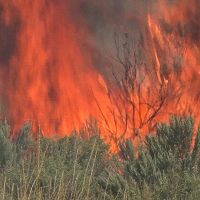
FEATURED
“Voices of Fire,” a documentary film about wildfire in the West, is now available on YouTube!
05 Sep 2017 - Hugo Sindelar's documentary film about the Soda Fire, which burned the northern portion of Reynolds Creek and a total of 280,000 acres in just 7 days.
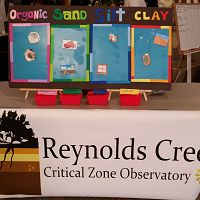
FEATURED
Science Expo 2017
04 May 2017 - The Science Expo took place on Earth Day, April 22, 2017 in Pocatello Idaho. A number of hands-on exhibits showcased some of the local science...
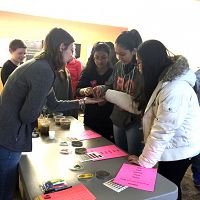
FEATURED
Idaho State University STEM (Science, Technology, Engineering, and Mathematics) Day
19 Feb 2016 - The Idaho State University's College of Science and Engineering held the first STEM (Science, Technology, Engineering, and Mathematics) Day on...
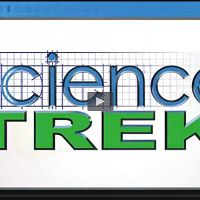
FEATURED
Idaho Public Television Science Trek: SOIL
18 Jun 2015 - Soil is the top layer of the Earth. Without soil, there would be no life on our planet. There is a lot more to the study of soil than just dirt. On...
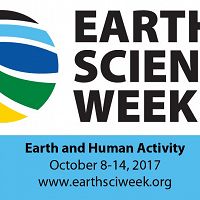
Earth Science Week 2017 Video Contest
15 Aug 2017 - For Earth Science Week 2017, the American Geosciences Institute invites you to enter the Earth Connections video contest. Submit a brief, 30-90...
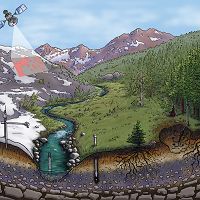
2017 CZO Webinar Series: Critical Zone and Society
06 Apr 2017 - 2017 CZO Webinar Series: Critical Zone and Society.
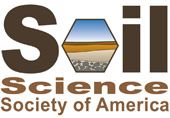
K-12 Soil Science Teacher Resources
24 Mar 2017 - The Soil Science Society of America (SSSA) is a professional scientific society, made up of soil scientists, educators, and consultants focused on...
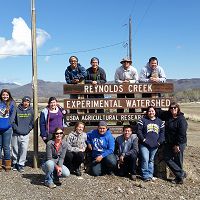
Owyhee Hydrology Camp
23 Jun 2015 - The 2015 Owyhee Hydrology Camp was held at Reynolds Creek Experimental Watershed (RCEW), and is sponsored by the Owyhee Watershed Council with the...
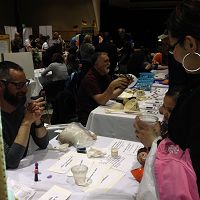
The incredible edible aquifer at the Idaho State University Communiversity event
03 Apr 2014 - Fifty K-12 students plus parents were engaged by the edible aquifer and learned about their source of drinking water and aquifer
Explore Further
